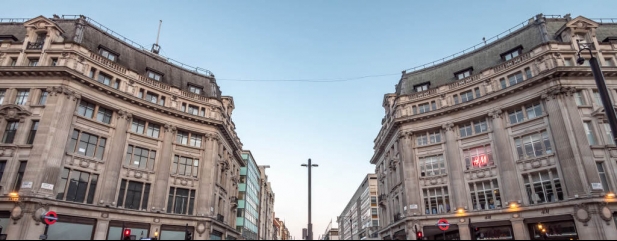Archived article
Please note that tax, investment, pension and ISA rules can change and the information and any views contained in this article may now be inaccurate.
Could changing consumer behaviour knock the recovery off course?

In the last few weeks, fears of rising inflation have been joined by worries that the continued impact of the Delta variant could mean the UK economy might not grow as fast as hoped this year, leading to what economists call stagflation.
While many consumers were able to build up their savings during the pandemic, including some of those who were furloughed, retail sales have already plateaued since the April re-opening of non-essential stores.
 According to the Office for National Statistics, retail sales fell 1.3% between April and May in volume terms and rose just 0.5% between May and June. Part of the problem for consumers is rising prices for everything from essentials like petrol and groceries to discretionary items like second-hand cars, which are suddenly hugely in demand.
According to the Office for National Statistics, retail sales fell 1.3% between April and May in volume terms and rose just 0.5% between May and June. Part of the problem for consumers is rising prices for everything from essentials like petrol and groceries to discretionary items like second-hand cars, which are suddenly hugely in demand.
Online retail sales, which peaked in June last year in volume terms, are falling in volume terms with a drop of 3.7% between May and June, hitting their lowest level since September. For the first time on record, online sales also fell in value terms in May and June.
Not only are consumers voting with their wallets, they are voting with their feet when it comes to the job market. For some more experienced employees, the benefits of working from home – like being able to set their own schedule and not having to commute – have changed their attitude towards work going forward.
Now that the genie is out of the bottle, some would happily take a pay cut or work longer hours for the same pay – effectively the same thing – in order to work from home and have a better job/life balance. That’s not great for spending or the economy.
Meanwhile, many younger workers in low-paid, less prestigious jobs – such as retail and hospitality – are also re-evaluating their options. Many want something different and are willing to quit in order to find it, so wages are rising fast in low-paid jobs where retaining skilled staff is becoming hard.
As Bloomberg Opinion writer John Authers puts it, ‘Cracking the code of inflation and unemployment is going to hinge on microeconomics — individual decisions made by workers and employers, and their perceptions of their best interests — more than on macroeconomics.
‘The pandemic has scrambled many of the precepts by which we lead our lives. It is quite possible that it will have enough of an effect on enough people’s sense of their self-interest and desires to force a macroeconomic shift.
‘Put differently, if people want something different now, and set out to get it, it could send our assumptions totally awry.’
Important information:
These articles are provided by Shares magazine which is published by AJ Bell Media, a part of AJ Bell. Shares is not written by AJ Bell.
Shares is provided for your general information and use and is not a personal recommendation to invest. It is not intended to be relied upon by you in making or not making any investment decisions. The investments referred to in these articles will not be suitable for all investors. If in doubt please seek appropriate independent financial advice.
Investors acting on the information in these articles do so at their own risk and AJ Bell Media and its staff do not accept liability for losses suffered by investors as a result of their investment decisions.

 magazine
magazine








